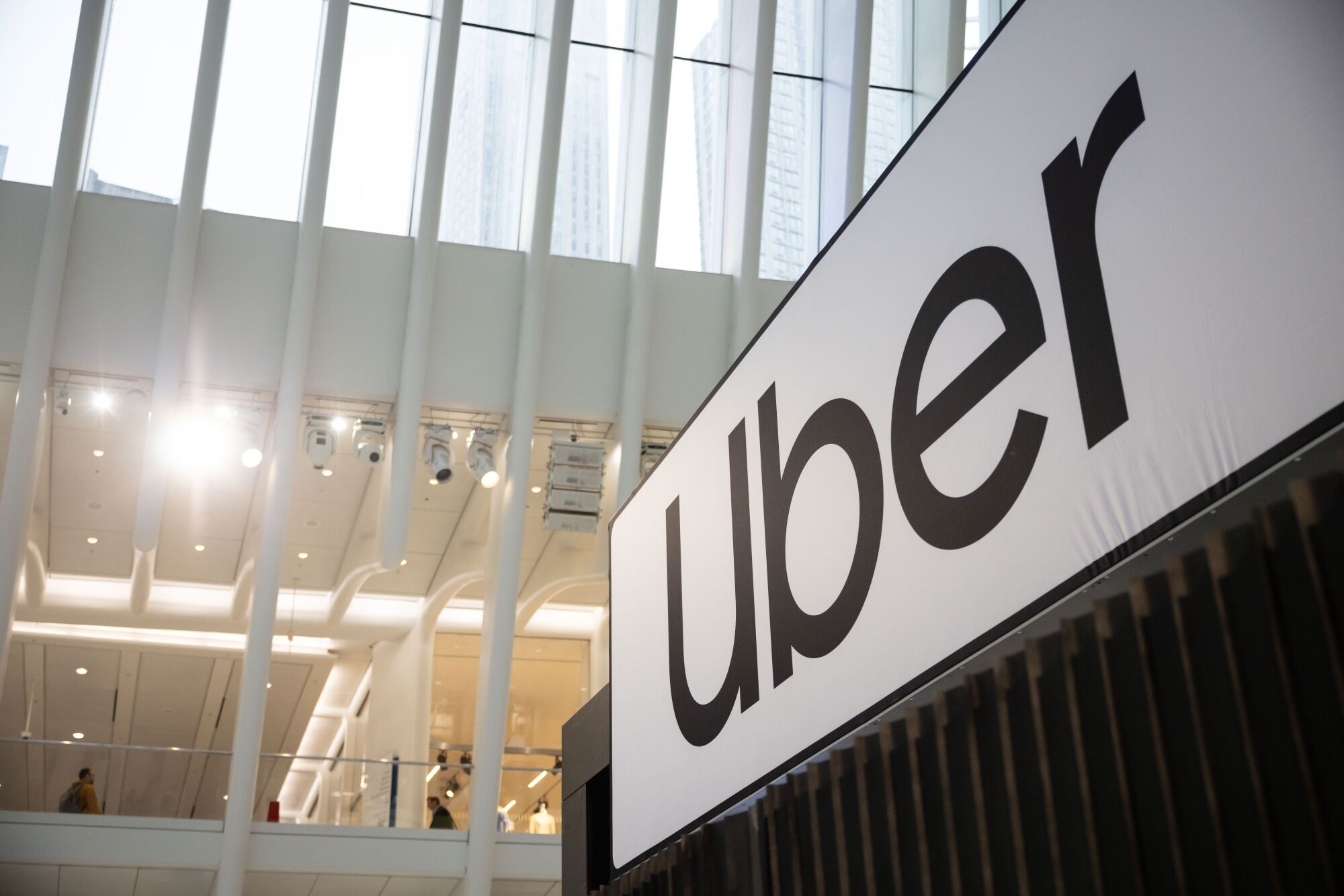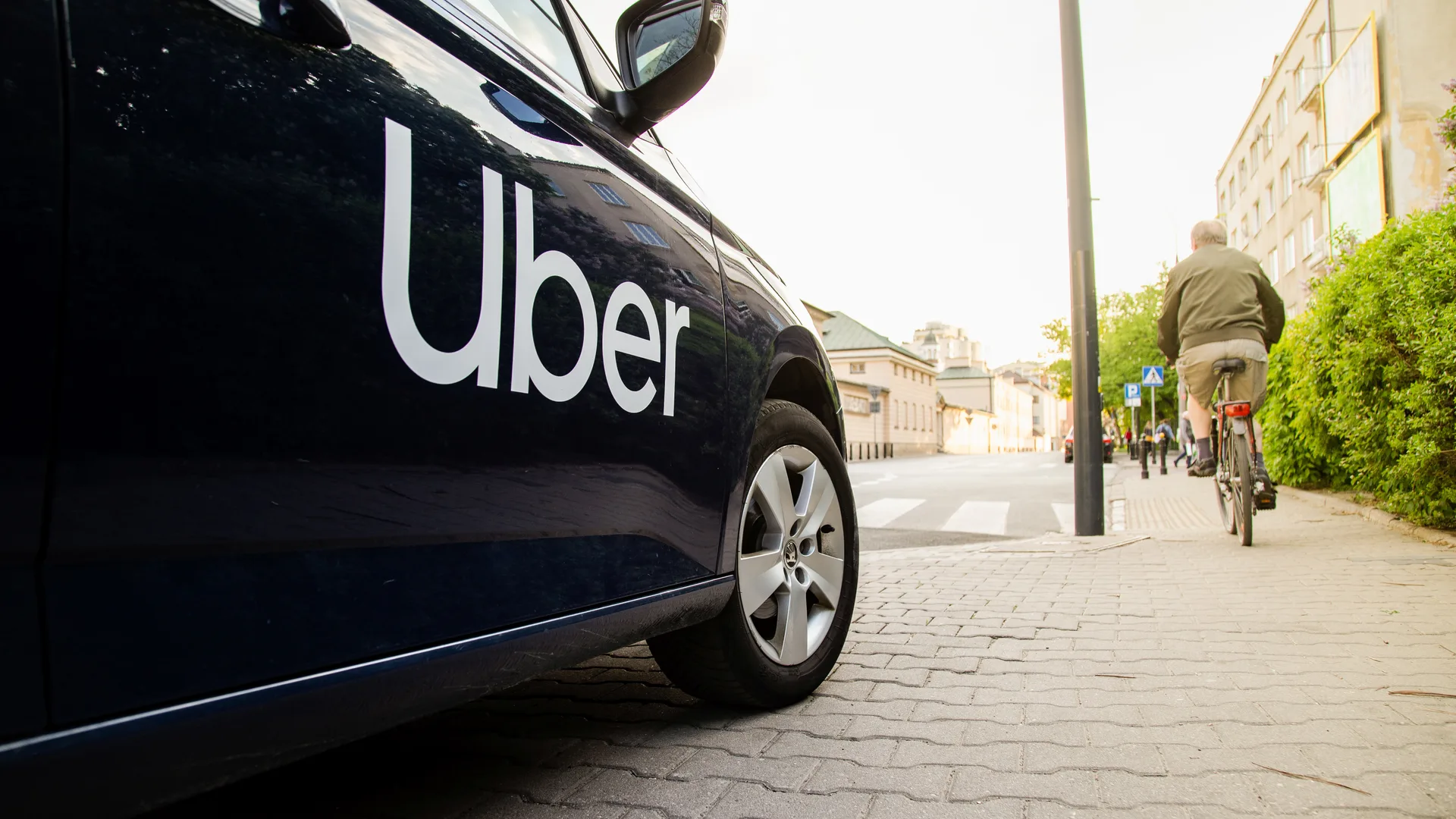
A patent lawsuit that might sound like a niche legal issue could actually have massive implications for Uber — and potentially a whole host of other companies in the ridesharing and tech industries. Let’s break it down.
The Lawsuit That Could Upset Uber’s Apple Cart
Carma Technology, a company founded by Sean O’Sullivan back in 2007, is taking Uber to court. Why? Because Carma claims Uber is infringing on five of its patents. These patents are tied to the core of Uber’s business — the system used to match riders (or even packages) with available vehicles. Sounds familiar, right? That’s the whole idea behind ridesharing.
For context, Carma used to run a ridesharing business similar to Uber’s — but with a twist. Over time, Carma pivoted its tech to focus on things like toll road management and high-occupancy vehicle (HOV) lane verification.
So, what exactly does Carma want? Well, it’s asking for a jury trial, a permanent ban on Uber using the technology, royalties on any Uber products that infringe on its patents, and of course, damages. Oh, and the lawsuit is happening in the U.S. District Court for the Eastern District of Texas — a popular venue for patent cases, which means this could get interesting.
The Legal Drama Unfolds
Carma’s beef with Uber goes back a long way. Back in 2016, Carma reached out to Uber, notifying the company that its ridesharing technology might be infringing on Carma’s patents. At that time, Uber was a massive player, valued at a whopping $66 billion. Uber had already achieved global expansion and even dabbled in autonomous vehicle technology. But, here’s the kicker: Uber didn’t hold the specific patents Carma did. Carma had the intellectual property covering the exact systems Uber relies on for matching riders with drivers.
In fact, by 2015, Uber had tried — and failed — to get patents of its own approved because they ran into issues with Carma’s existing patents. Between 2016 and 2019, several of Uber’s patent applications were rejected because they conflicted with Carma’s filings. Eventually, Uber abandoned some of these applications.
What’s at Stake?
This isn’t just about five patents. Carma holds a patent family of 30 patents, and these are all connected. If Uber wants to challenge Carma, it has to go through each individual claim in these patents, which makes defending the lawsuit much harder. Intellectual property lawyer Larry Ashery explains that Carma’s strategy here is well-thought-out. Uber might try to invalidate Carma’s patents, but that’s not going to be easy.
Carma’s CEO, Sean O’Sullivan, says this case isn’t just about protecting their business — it’s about preserving the rights of small inventors in the face of tech giants like Uber. In other words, Carma believes its patents deserve respect, and it’s willing to go all the way to court to make sure Uber (and other companies) don’t get away with infringement.
#Why Did It Take Nine Years?
One of the big questions here is why Carma waited almost nine years to actually file a lawsuit. O’Sullivan explains that when Carma was first starting, their focus was on building their business, not on suing companies. Patents are important for protecting ideas, but Carma was more interested in getting a share of the market. Plus, suing a company like Uber isn’t cheap. The legal fees for a case of this magnitude can easily exceed $10 million — a huge sum for a smaller company.
But eventually, Carma realized it had no other choice but to sue. After reaching out to Uber in 2016 and hoping for a licensing deal that never came, Carma decided it was time to take legal action.
Not Just Uber: Other Companies Could Be Affected
While the lawsuit is directly aimed at Uber, O’Sullivan points out that around 60 other companies might be violating Carma’s patents. However, Carma chose to go after Uber first because it’s the biggest player in the ridesharing space. If Uber loses this case, it could open the floodgates for similar suits against other companies that use similar ridesharing technologies.
The Patents at the Heart of the Case
Now, let’s talk about those five patents in question. They were developed by O’Sullivan as part of his frustration with traffic congestion. In 2007, he applied for the first patent, which would eventually become Patent No. 7,840,427. This patent describes a shared transport system that matches empty seats in cars with riders or goods. The idea was to create a more efficient way of carpooling, which later evolved into what we now call ridesharing.
Carma’s original company, Avego, debuted its ridesharing app in 2008, around the same time the iPhone was first launched. Avego’s app showed off how smartphones could be used to facilitate carpooling — drivers could accept ride requests, and passengers could track the ride in real-time. Avego later rebranded to Carma, but it’s still rooted in the idea of reducing traffic congestion and getting more people into fewer cars.
Today, Carma’s technology is used for things like managing toll roads and tracking HOV lane usage. In fact, their app can reduce the cost of building infrastructure by up to 20 times by using more efficient systems for toll collection.
Why This Matters
For O’Sullivan, the lawsuit is about fairness and protecting the intellectual property rights of smaller innovators. He’s worried that if larger companies like Uber are allowed to get away with using patented technology without paying for it, it will set a dangerous precedent for the future of tech and innovation. O’Sullivan wants to prove that **the rule of law still applies**, even when the defendant is a tech giant.
If Carma wins, it could not only change Uber’s business operations but also send a message to the broader tech industry about the importance of respecting patents and intellectual property rights.
So, while this legal battle might seem like a footnote in Uber’s broader business strategy, it could have a ripple effect — both on Uber’s bottom line and the entire ridesharing ecosystem. Stay tuned, this is just the beginning.

How a Decade-Old Patent Dispute Could Shake Up Uber’s Business




